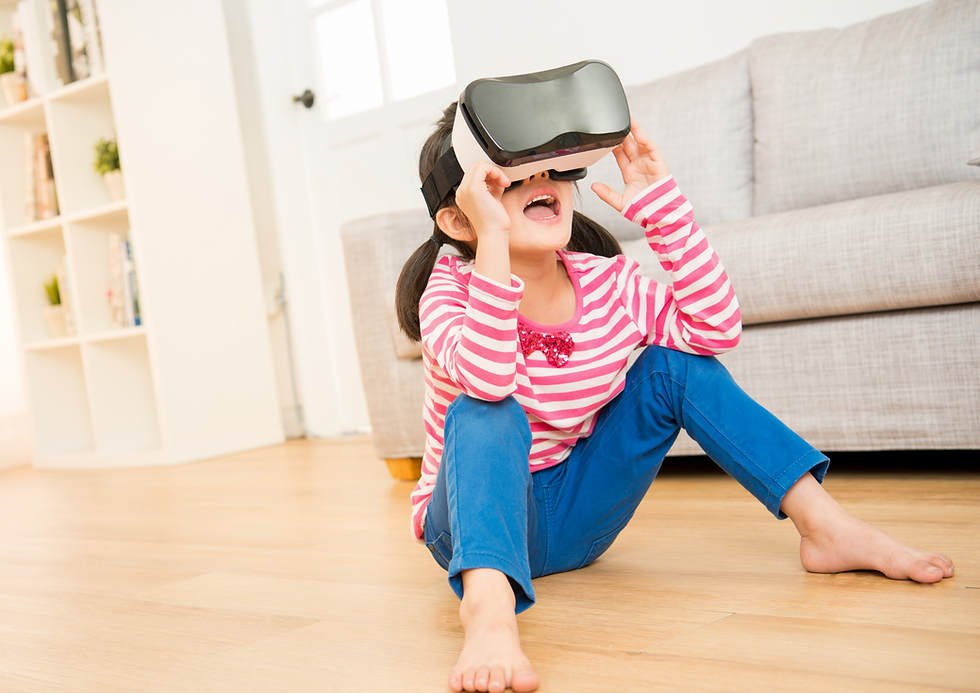What Are the Earliest Signs of Autism in Babies? Find Out Now!*
- NeuroSpectrum Info

- Aug 20, 2024
- 2 min read
Updated: Jan 1, 2025

As a parent, you know your baby best. While every child develops at their own pace, recognizing early signs of autism can help you seek support sooner, giving your child the best start in life. Here’s what to watch for in your baby’s first year.
1. Limited Eye Contact
Babies typically enjoy gazing into their caregiver’s eyes during feeding or playtime. If your baby avoids eye contact or seems uninterested in faces, it could be an early sign.
2. Lack of Social Smiles
By 6 months, most babies respond to smiles with their own. If your baby rarely smiles back or seems disengaged during interactions, it’s worth noting.
3. Delayed or Unusual Babbling
Babies usually begin cooing and babbling by 4-6 months. A lack of vocal sounds or repetitive, monotone babbling could indicate a delay in communication development.
4. Limited Response to Their Name
By 8-10 months, babies typically turn their heads or react when their name is called. If your baby consistently doesn’t respond, even in a quiet environment, this might be a sign.
5. Unusual Reactions to Sensory Input
Some babies with autism may be unusually sensitive to sounds, textures, or lights, while others may appear indifferent to sensory input, like not reacting to loud noises.
6. Repetitive Movements or Fixations
Repetitive hand flapping, rocking, or intense focus on a specific object (like a spinning toy) could signal early signs of autism.
If you notice one or more of these behaviors, don’t panic. Babies develop differently, and these signs don’t always indicate autism. However, discussing your observations with a pediatrician is a proactive step. Early intervention can make a significant difference in your child’s development.
For more information, download the One Autism Health app for FREE.
*results may vary, please consult a professional.




Comments